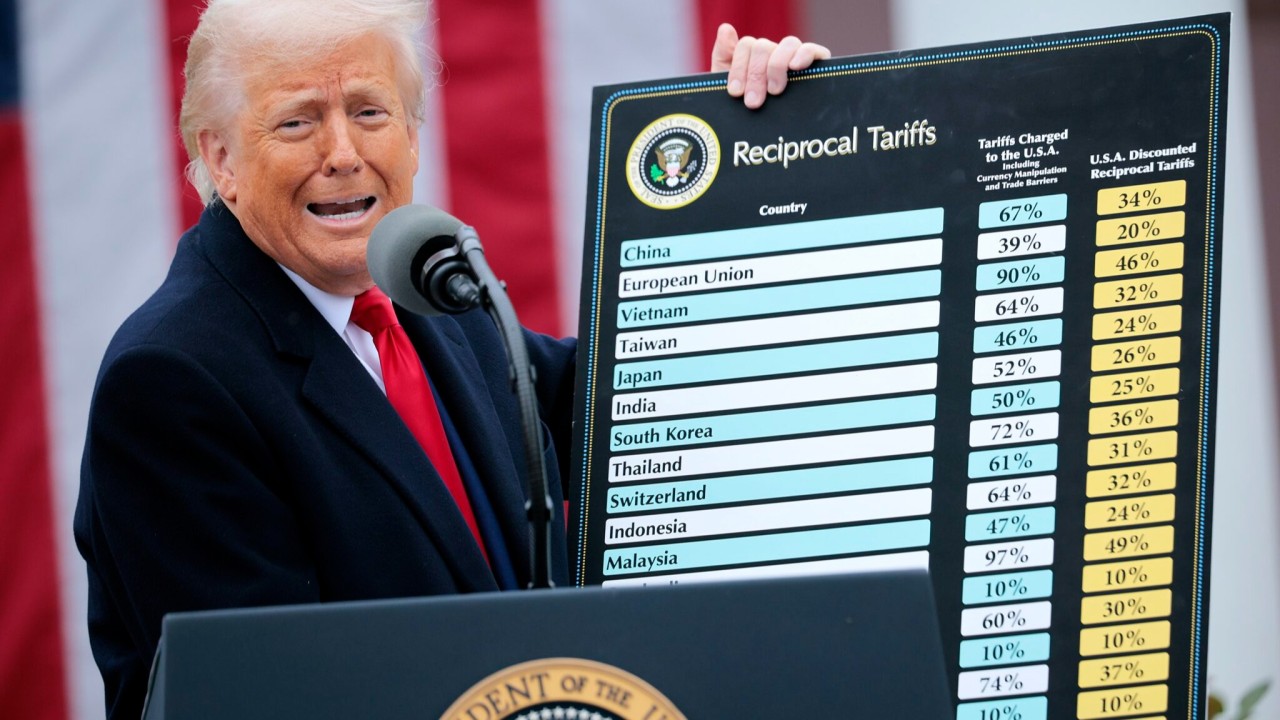Negotiating with a Tank: Why Power Fails Against Trump

Do you know the difference between positions and interests in negotiation? And are you familiar with the anchoring effect—that subtle yet powerful tactic of shaping a discussion by setting the first number on the table?
Understanding these concepts is crucial, especially when facing a negotiator like Donald Trump.
Now ask yourself: Why would the classic Rapport de Force strategy—meeting power with power—be a bad idea when negotiating with Trump?
When I look at the international reactions to Trump’s aggressive moves—whether from markets or governments—I can’t help but wonder: Do we really understand what he’s doing?
Harvard professor Deepak Malhotra once said, “There are no irrational negotiators. There are only negotiators we don’t understand.”
Let’s try to understand Trump.
Behind his aggressive positions—tariffs, threats, exit deals—what are his interests?
Here are three likely drivers:
1. Bringing Industrial Jobs Back to the U.S.
In 1980, manufacturing represented over 21% of total U.S. employment. By 2024, that number had shrunk to just 8%. That’s not just economic data—it’s a symbol of national decline in the eyes of many American voters. Trump’s push to revive industrial jobs is aimed at recapturing a sense of economic pride and restoring middle-class stability in forgotten regions.
2. Fixing the Trade Imbalance
In 1980, the U.S. trade deficit was only 0.5% of GDP. Today, it hovers around 4% of GDP, reaching nearly $900 billion annually. This imbalance is particularly acute with China and the EU—two of Trump’s primary negotiating targets. While trade deficits are complex, Trump’s view is simple: deficits mean losing, and losing is unacceptable.
3. Reducing Dependence on Foreign Manufacturing
Instead of wages, a more relevant metric in this trade war is economic dependence—particularly on China. In 2001, China made up just 8% of U.S. imports. By 2022, that had more than doubled to 17%. At the same time, the U.S. manufacturing trade deficit with China surged from $83 billion to over $300 billion. Trump sees this not just as an economic risk, but as a national security threat—and a narrative he can sell.
This is the story Trump tells his base: “I’m bringing jobs home. I’m stopping unfair trade. I’m protecting America.”
So, how should you respond to someone like Trump?
Step 1: Don’t Take the Bait
Do not acknowledge or immediately respond to the tariffs. These aren’t just threats—they’re invitations to negotiate. If you react emotionally or tit-for-tat, you’re already playing his game.
Step 2: Focus on Empathy, Not Ego
Recognize Trump’s underlying interests:
- He wants to bring back industrial jobs.
- He wants to reduce the trade deficit.
- He wants to reassert U.S. manufacturing dominance.
And guess what? You probably want similar things for your own country. Say so.
Find common ground in shared interests—not opposing positions. This is the essence of principled negotiation.
Step 3: Reframe the Anchor
When the conversation turns to numbers, don’t anchor on the tariffs. Anchor on outcomes. Ask: How many jobs do we want to create—here and in the U.S.?
Frame it not as a confrontation, but as a shared ambition. Use Trump’s own narrative to support yours: make him a strategic ally in your country’s reindustrialization.
Final Thought: Don’t Play Chicken with a Tank
This won’t be an easy ride. Negotiating with a “Tank”—a hard-charging, aggressive negotiator—is never smooth.
But if you stick to your real objectives, resist provocation, and stay principled in your approach, you’ll stay in the driver’s seat.
Don’t try to overpower Trump. Instead, outsmart him.
Principled negotiation, empathy, and narrative control will always outperform brute force. Especially when the tank is pointing right at you.
👋 Curious to hear your thoughts: How do you think world leaders should negotiate with hardliners like Trump? Have you seen principled negotiation succeed where force failed?
Let’s discuss.
#Negotiation #Trump #InternationalRelations #Geopolitics #StrategicNegotiation #Leadership #Diplomacy #ConflictResolution
About the author: I help leaders and sales professionals sharpen their negotiation strategies—whether they’re facing a difficult customer or a political “tank.” Co-founder of snipers.sale, speaker, and trainer on high-stakes negotiation and decision-making.
